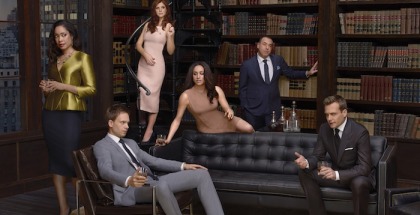Dune: Part Two review: Bigger, darker, bolder
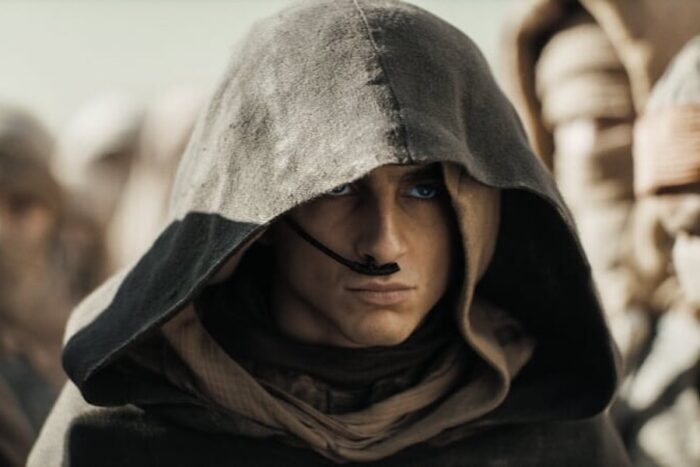
Review Overview
Spectacle
9Character
9Questions
9Jaw-dropping
Ivan Radford | On 22, Apr 2024
Director: Denis Villeneuve
Cast: Timothée Chalamet, Rebecca Ferguson, Zendaya, Javier Bardem , Stellan Skarsgård, Christopher Walken, Florence Pugh, Dave Bautista, Austin Butler, Lea Seydoux
Certificate: 12
Not since The Fellowship of the Ring has a blockbuster franchise got off to such a promising, immersive start as Dune: Part One. Three years on from that immense achievement, Denis Villeneuve is taking us back to the titular planet for an even bigger slice of sci-fi. Wider in scope, darker in tone and bloodier in its action, it’s the Two Towers to Part One’s Fellowship.
The film continues to chart the fate of Paul Atreidis (Timothée Chalamet), one of the few survivors of his family after they were wiped out by the sinister Baron Harkonnen (Stellan Skarsgård). Fate, increasingly, is the key word, as Paul’s future becomes entwined with the myth of Lisan al Gaib, the messiah foretold to come from off-world to liberate the Fremen, the indigenous population of Dune. The fact that this myth may or may not have been invented by the Bene Gesserit sisterhood – and that Jessica (Rebecca Ferguson), one of their number, is Paul’s mother – adds to the sands of ambiguity and expectations. And so the stage is set for a sequel that delves into questions of faith, politics and zealotry, while also chasing giant, sand-tunnelling worms across the desert. Conventional, Dune ain’t.
That’s the beauty of Denis Villeneuve’s adaptation of Frank Herbert’s novel, which recalls Christopher Nolan’s Inception in the way that it packages an impossible volume of unfathomable details into an entertaining mainstream blockbuster. At the heart of that is a remarkable penchant for showing rather than telling. Villeneuve has an instinctive knack for harnessing the simple, inherent suspense in light transitioning to shadows, and it serves this 167-minute behemoth well: the film finds heart-wrenching depth in the briefest of glances. Which is really something given the sheer scale of everything else going on.
As well as the Atreidis-Harkonnen rivalry, we’re also introduced to the universe’s Emperor (Christopher Walken) – complicit in the Harkonnen’s violent dominion – and his savvy daughter, Princess Irulan (Florence Pugh), who is educated in the machinations needed to keep things running. The Baron’s nasty-but-dim nephew, Beast Rabban (a brilliant Dave Bautista), returns for more strangely tragic savagery, but he’s eclipsed by the Baron’s other nephew, Feyd-Rautha, a psychopath played by Austin Butler with a menacing charisma that’s all cruelty and cheekbones. A brief trip to the Harkonnen’s home takes us into a gladiatorial arena for a brutal combat set piece, with the whole thing presented in a gorgeously inky monochrome that would make Mad Max: Fury Road jealous.
Into the black-and-white corridors slinks the always-magnetic Léa Seydoux as Lady Margot Fenring, a Bene Gesserit who is sent to seduce Feyd-Rautha, if such a thing is possible – and so we find ourselves, regardless of the world we’re on, sinking into an increasingly intricate web of designs that sits somewhere between self-fulfilling prophecy and genuine divination. That tension is distilled with a visceral immediacy through Paul’s assimilation into the Fremen community, as their leader Stilgar (an endearingly earnest Javier Bardem) sees everything through the lens of faith, while Chani (the superb Zendaya) is sceptical of the religious speculation but is still emotionally attached to this outsider. Zendaya and Timothée Chalamet are a brilliant double-act, sparking convincing chemistry and a believable wariness just by sharing a silent look.
Between them all looms the scene-stealing Rebecca Ferguson as Jessica, who positions herself as the Fremen’s reverend mother with a chilling ruthlessness and some impressive tattoos. Is she actually able to foresee the future? Is she merely ensuring the survival of her family’s bloodline? Is it a predestined, sacred bloodline? Or is only sacred because she’s preordained it herself? If it’s true for the people who believe it and it liberates them in a positive way, does the difference even matter? If Dune: Part One was an urgent environmental statement about not exploiting a planet’s natural resources (Dune’s spice remains the valuable driver of the Harkonnen’s ambitions), Dune: Part Two is a wonderfully nuanced and thought-provoking study of how religion, fear and hope can be weaponised.
Dune: Part Three promises to take us into the fiery crucible of an apocalyptic holy war. If that sounds like a lot for a popcorn vehicle, you’re not wrong. But Dune’s triumph is that it still manages to hold something for everyone – love, truth, betrayal, death – while punctuating those breathtakingly gigantic brush strokes with exhilarating action, painterly world-building and a star-studded cast at the top of their game. A climactic, Shakespearean showdown is a masterclass in presenting big-stakes conflict in an intimate way, with every player’s motivations and feelings not only accessible but also rivetingly tangible. If the resulting epic isn’t quite as tight as Dune: Part One, that’s in no way a shortcoming of a sprawling saga based on a supposedly unfilmable, mind-bending novel: jaw-dropping in its ambition and artistic execution, this sequel is bigger, darker, bolder and Dune-ier.
Related Posts
Comedians Giving Lectures renewed for second term... February 12, 2020 | David Farnor
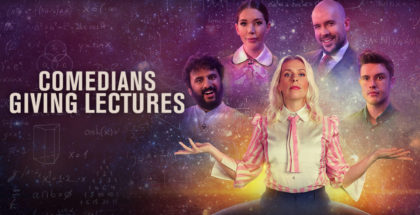
Dave orders third season of Hypothetical February 12, 2020 | David Farnor
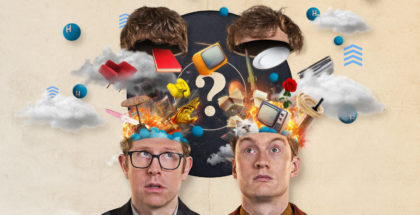
Rachel Parris to host Dave’s Late Night Mash... May 22, 2022 | David Farnor
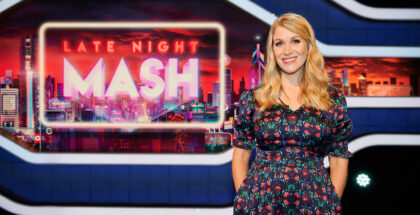
Suits Season 4 gets early premiere on UKTV Play... January 9, 2015 | David Farnor
